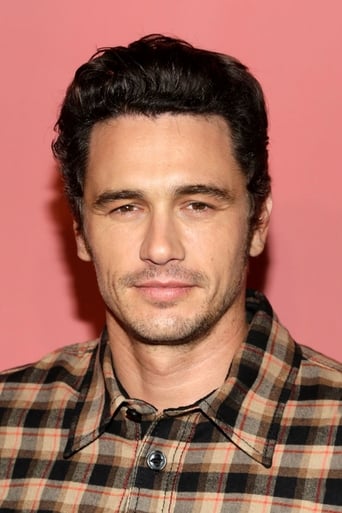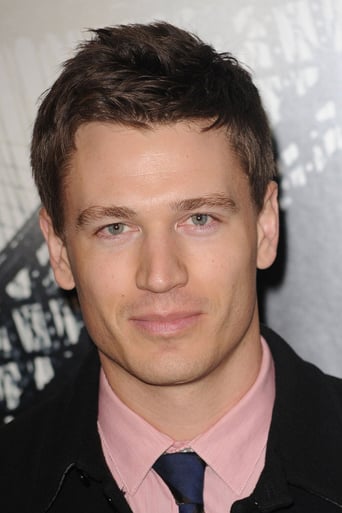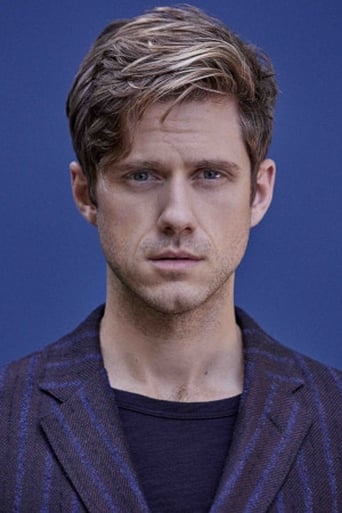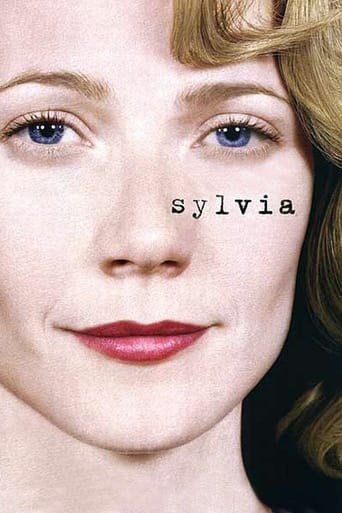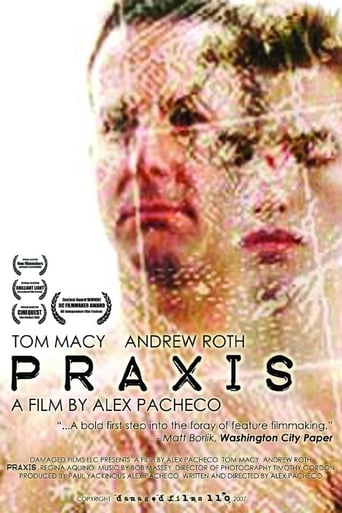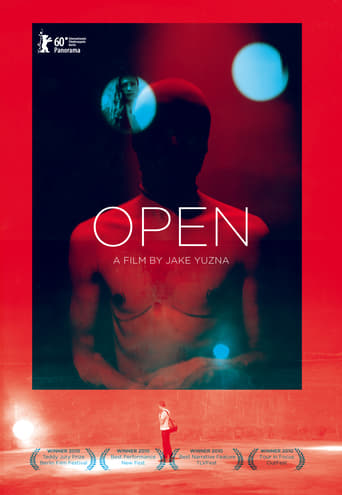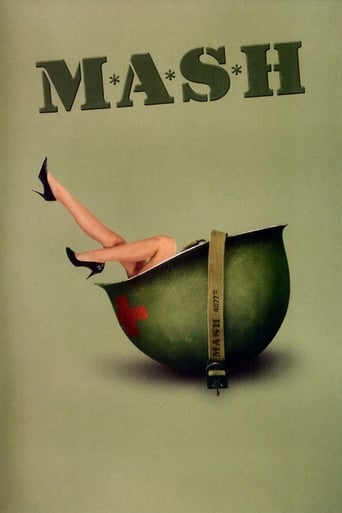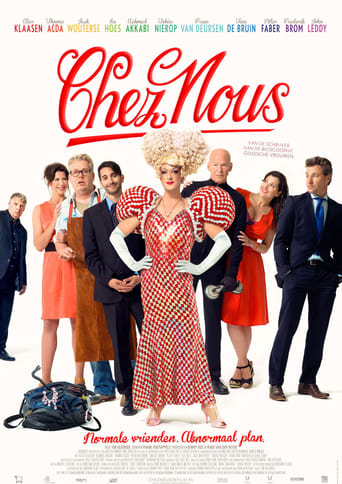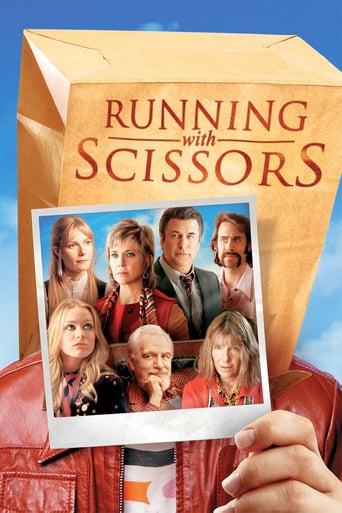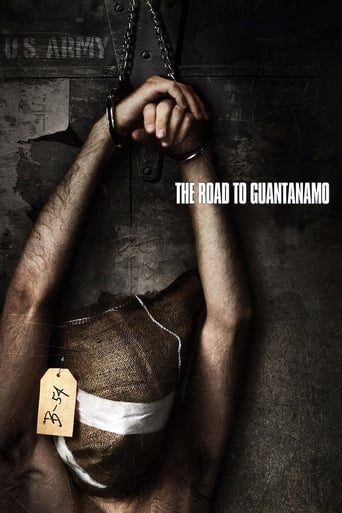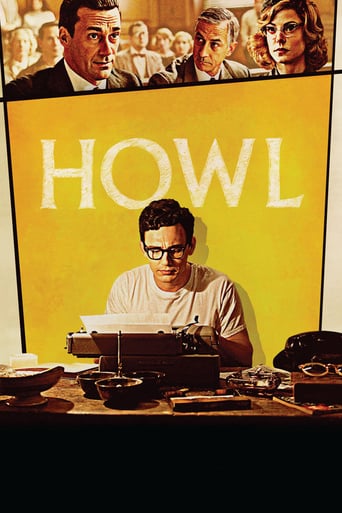
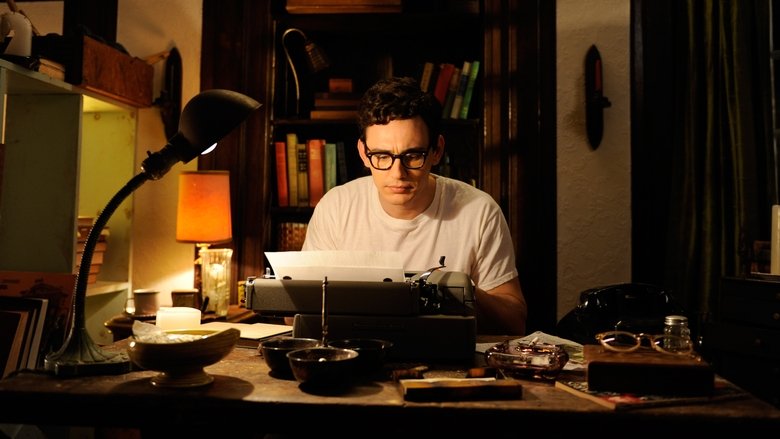
Howl (2010)
It's San Francisco in 1957, and an American masterpiece is put on trial. Howl, the film, recounts this dark moment using three interwoven threads: the tumultuous life events that led a young Allen Ginsberg to find his true voice as an artist, society's reaction (the obscenity trial), and mind-expanding animation that echoes the startling originality of the poem itself. All three coalesce in a genre-bending hybrid that brilliantly captures a pivotal moment-the birth of a counterculture.
Watch Trailer
Cast
Similar titles
Reviews
I like the storyline of this show,it attract me so much
Must See Movie...
Good story, Not enough for a whole film
A lot of fun.
HOWL, The Poem in focus, Viewed at Berlin, 2010"Howl", in competition at Berlin 2010, straight from Sundance where it was the festival opener, is a semi-documentary focusing on a page out of the scandal ridden life of gay Poet Laureate of the Beat Generation, Allen Ginsberg, when he was put on trial in 1957 for obscenity in connection with the publication of his magnum opus "Howl".(I saw the best minds of my generation destroyed by madness ...). The poet is portrayed by actor James Franco who appeared opposite Sean Penn in last year's Oscarized gay mayor movie "Milk", and is directed in tandem by documentarians Rob Epstein (The times of Harvey Milk, 1984 ) and Jeffrey Friedman (The Celluloid Closet, 1995) Using Gínsberg's famous verse masterpiece as the focal point of the story, "Howl" looks at different aspects of this landmark poem of the Beat era. The poem itself is depicted through animation and Ginsberg is shown reading it to an audience for the first time, then being interviewed by a faceless reporter off camera. Tailor made for Beatnik Era buffs (such as myself, for instance). "Howl" was interesting historically, but generally rather disappointing. Maybe I was expecting too much but among other things, the main actor, James Franco, playing Ginsberg, just wasn't Jewish enough, abrasive enough, or Gay enough! Berlin, Feb,12, Day Number 2 February 12, 2010 The early morning press conference for HOWL screened last night was better than the film itself. Both directors Jeffrey Friedman and Rob Epstein were on hand to field probing questions from a sparse but more sophisticated press assemblage than usual. One German lady claimed that the animation used to illustrate the Allen Ginsberg poem was too glitzy and modern to suit the fifties time frame of the film. The general feeling, however, was that the film was worthy and stimulating, if not geared to the mass audience.Other than that it can be said that this year's Berlinale, never a festival to start off slow, has already shot off much of its heaviest load and biggest guns in the opening three days. Among high profile premiers already screened have been the Alan Ginsberg biopic and homage to his magnum opus "HOWL", entitled --you guesstit -- "Howl" -- good reception here, but will probably be a hard sell at the cineplexes because of the experimental animation mixage and the intellectualized treatment of the subject matter. BOTTOM LINE: For Ginsberg buffs and Beat Generation historians only.
The film starts with the interesting claim that every word spoken was actually spoken.The film isn't a documentary, though it is very similar to one. It centers on several key events so that no dialog needs to be added beyond the historical. A reading of "Howl", the obscenity trial, and two interviews. Each is shown in parts to create a narrative with the suspense being the outcome of the trial. We see the courtroom, the defendant's lawyer, Jake Ehrlich (Jon Hamm) and prosecutor Ralph McIntosh (David Strathairn), Judge Clayton Horn (Bob Balaban) and several of the expert witnesses. Here the debate was whether "Howl" was obscene and thus the book store owner was guilty of selling "obscene" literature. We also hear interviews of Ginsberg as he gives background information on himself and his poem. Eventually, of course, the poem is not ruled as obscene and the bookstore owner is let go. Several more intimate moments about Ginsberg's life, particularly his relationship with his mom are seen. It's nice to see Franco portray Ginsberg and attempt to imitate his distinct idiolect and mannerisms. Ginsberg always had a unique way of talking, perhaps a product of his New York, Jew upbringing or perhaps because of his experiments with drugs, jazz, and performing arts. The movie is a more intimate portrait of Ginsberg than I was expecting. I felt that they probably put too much emphasis on his relationship with his mother. A lot of lobotomies were performed at the time, and abuses in mental health care continue to this day. I would hardly put the guilt on Ginsberg, an icon of counterculture. Furthermore, I liked how Ginsberg was portrayed as a struggling artist. His success came, but it took some work. I also really liked the cartoons that were used to illustrate the poem. I found they complimented the emotional exploration of the film. I'm not sure I would recommend this to anyone who's not a fan of Beat Literature, but I did enjoy it. Of course, I'm a fan of the Beats.
Howl is truly an enigma: It didn't do well at the Hollywood box office, but it soared overseas. From what I hear, the Hollywood audience wasn't quite ready for the intergenerational theme imbued in the film. Well, I say the Hollywood audience was being stubborn. This film handles the theme quite tastefully, and there are no Lolita-like gratuitous sex scenes or love scenes. In fact, Jeffrey Friedman (the director) makes sure that James Franco doesn't even get to see many kids around his neighborhood, so as not to make him seem like a weirdo.Mary-Louise Parker is absolutely wonderful in this film. It seems she decided to gorge on biryani and other delights, as she is chubby in the film, but in my opinion she looks gorgeous thick or thin. Todd Rotondi, who I think is one of the most underrated actors out there does an outstanding job portraying a conflicted Kerouac. Anupam Kher and Aaron Tveit round out the great performances. The music is fabulous, the story wonderful, and the acting superb.
In cinema the adage, "show don't tell", is inviolable. But if the subject of a film is a great poem and its creator, then "tell mama...tell mama all". Can you dig it? Can you get down on the rug that has been cut by angel headed hipsters, stained with coffee and seed, dusty from the hobo excursions to grand old hotels, from whose lobbies poured forth an Eldorado of silver plate, out of your seat, out of your mind, onto the mid afternoon asphalt, searching blindly amidst the broken glass, the blood and brown streaks, desperately searching for clearer vision?If you can, then I think that you will enjoy this brilliant movie.Howl is possibly the best biography cum literary movie I have ever seen.For me, part of its genius is in the editing of its three-part structure: a relaxed interview with Allen Ginsberg in his apartment; the obscenity trial of Laurence Ferlinghetti for publishing Ginsberg's poem, Howl; and Ginsberg's premier reading of this controversial poem to a significant and appreciative crowd illustrated with dazzling animated sequences.Cinematic depictions of poets, real or fictitious, seldom permit them to speak so clearly and insightfully about their creative processes, their motivations, and their innermost feelings as does Howl. In answering the unseen and unheard interviewer James Franco does a startling job of losing himself in the role of Allen Ginsberg. These casual scenes, beautifully staged and shot, provide not only a fascinating look into the mind of a poet, but into the heart and soul of a complex and genuine genius of American literature. The character arc that so many story-smiths will demand is artfully traced in these confessional and contemplative monologues that show us how Allen Ginsberg conceived not only his poem Howl, but a fuller understanding and acceptance of himself. These anecdotes and wan remembrances are recreated through flashbacks and montages that widen the cinematic range of this movie. Whilst hearing Ginsberg narrate the importance of family and friends to his self growth and self acceptance, we get to actually see him with Jack Kerouac, Neal Cassidy, and Peter Orlofsky. Some people rail against voice over narration, calling it a crutch, but it feels right in this context and never obfuscates what is being shown on the layer below. Perhaps this is helped by the tone that Franco as Ginsberg so evokes? Sensitive, yes; BS, no. The movie pays scrupulous attention to period detail, allowing the filmmakers to seamlessly insert archival footage that broadens the narrative of each scene. The fly-on- the-wall moments will undoubtedly be too few for fans of Ginsberg the celebrity, and for acolytes in the cult of celebrity. But it is the other two parts of this cinematic triptych that prove why Ginsberg's reputation was sealed by Howl and the controversy surrounding it. Firstly, the poem is a great work of art. Secondly, it was a crucible for a cultural reawakening and reassessment of values. The poem captures a moment in time as seen through the distorting lens of overwhelming emotions and flies so close to the sun that it acutely catches fire and falls back to earth in colorful flames, reviving itself like a phoenix of phrases and meaning. Franco's poetry reading scenes are way better than just a bit of slam vamping. He convincingly performs as the poem's creator, showing in every line the insights of feeling and knowing that this position would offer. As if this weren't enough, the film makers have enlisted the talents of an animator who actually worked with Ginsberg previously. The use of animated sequences during the reading of Howl may rob some people of a sense of agency; of their right to create images and interpretations for themselves. I've heard the same arguments about music videos. To these critics my reply is merely to close your eyes. The animations are successful as visual metaphors, illustrating with varied styles but recurring motifs a poem that deals with the banal as well as the mystical. Audiences become normalized, and these animations would be better received if more people were able to reject their conditioning and let these fantasies play out before their eyes in all their surreal majesty. In the third section of this movie, the anodyne culture that Ginsberg and his fellow travelers on the road-less-traveled were responding to is treated with equal verisimilitude, forensically displayed in the obscenity trial scenes; some of the best courtroom drama ever. Every character is perfectly inhabited by the stellar cast. The scenes deeply convey the gravity commensurate to those arguing for, or against, freedom of speech. This section shows the folly of trying to define and delimit artistic expression, and validates the importance of protecting expression in order to allow individuals and members of a free society to heal themselves and to better understand themselves.This movie is challenging on many levels, but if given a chance, it is rewarding on many levels as well.
